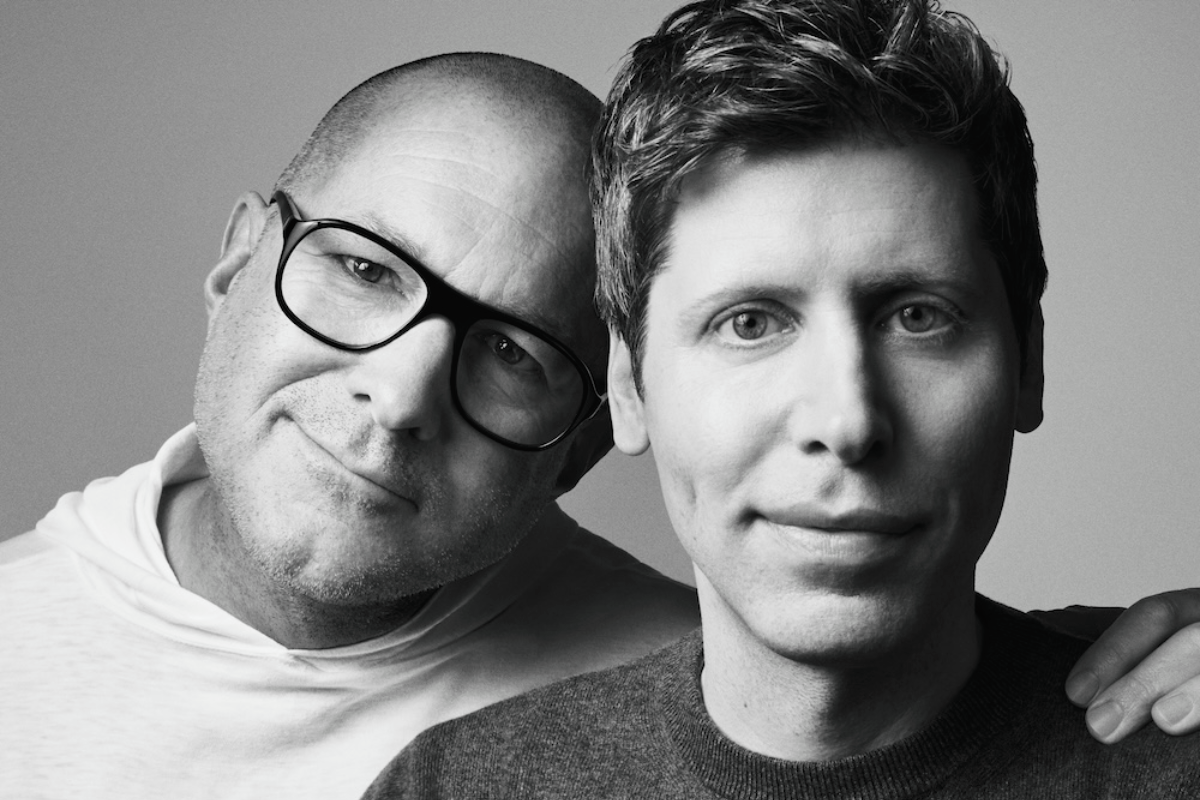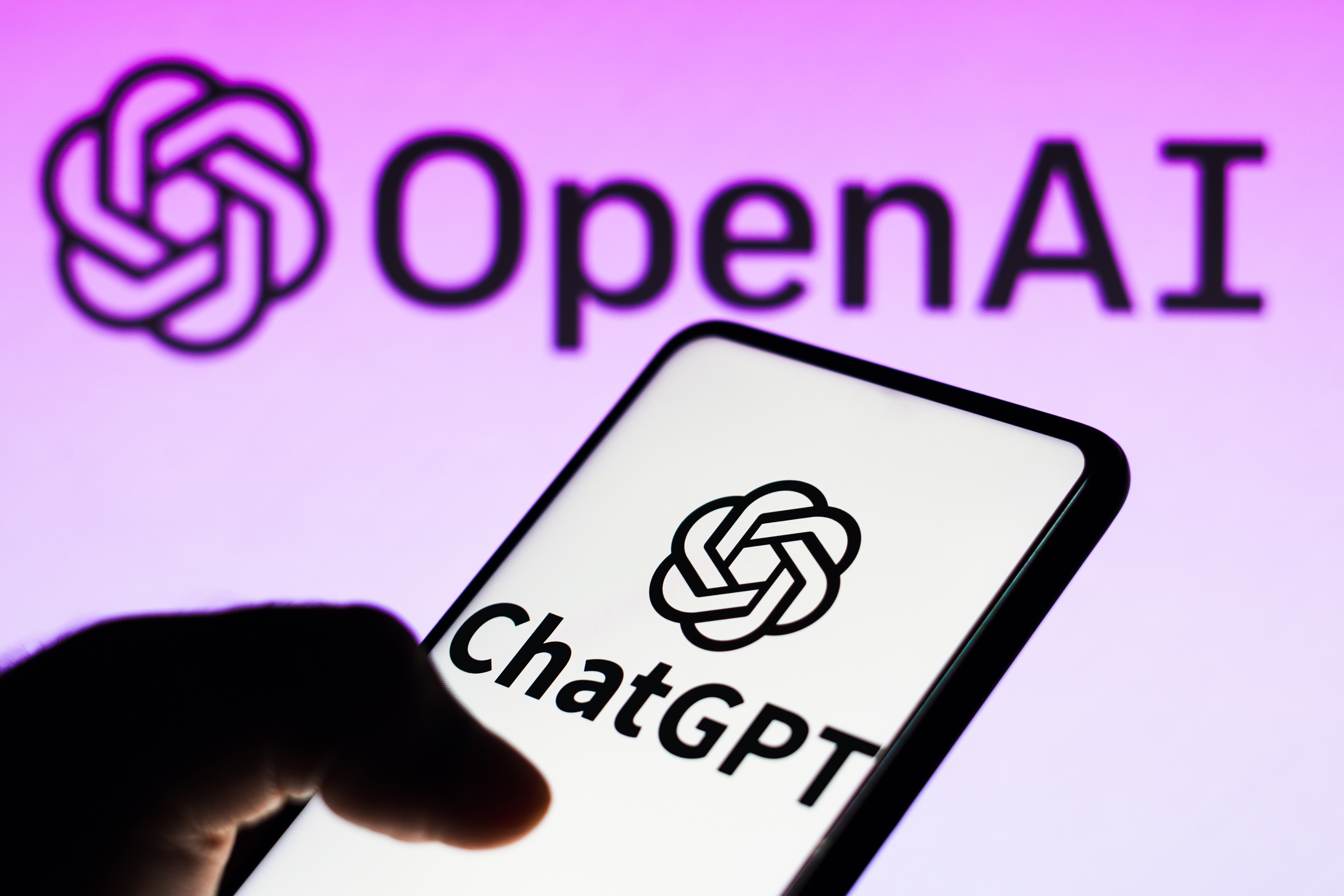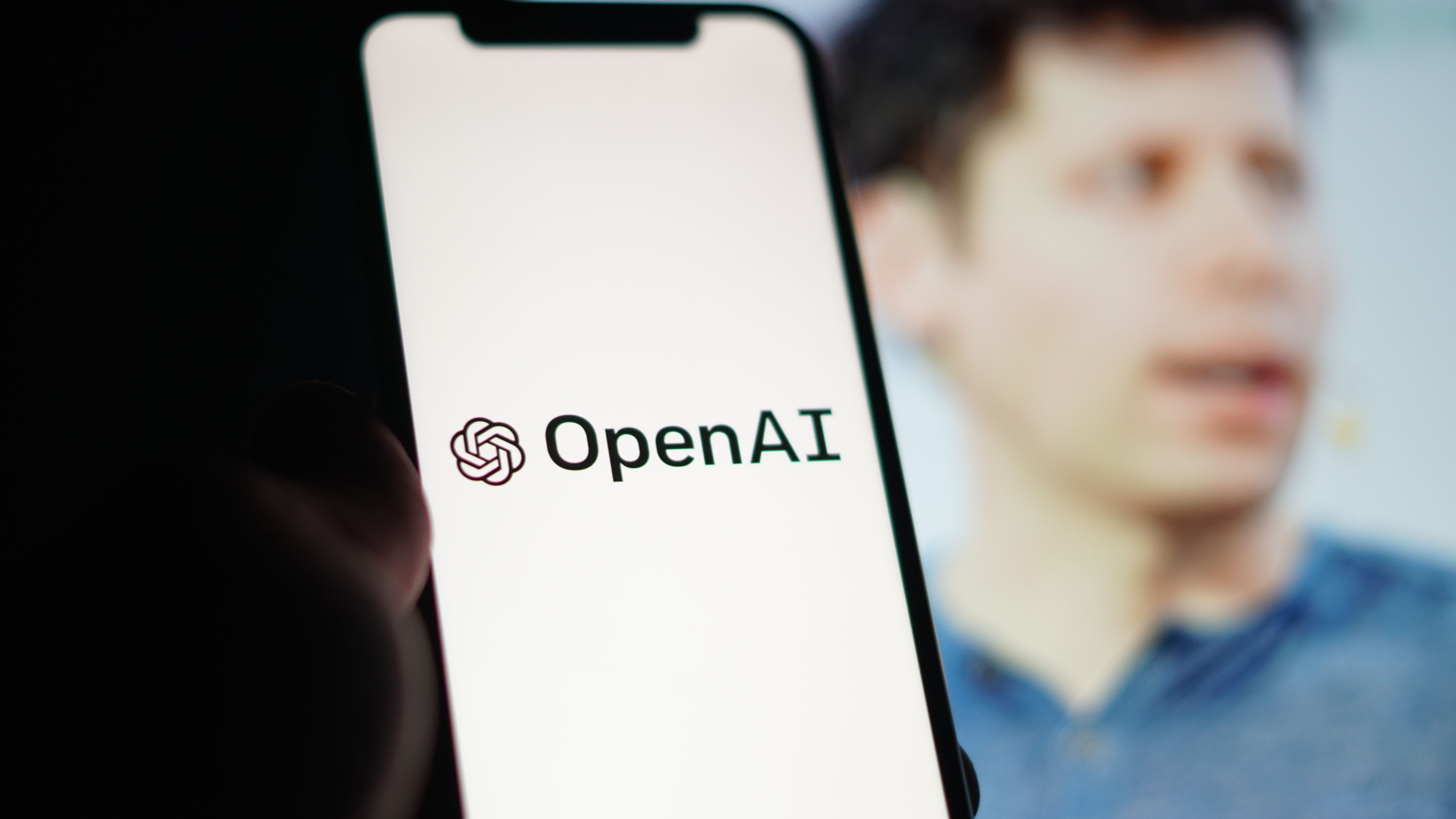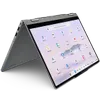The first Open AI gadget from Jony Ive is reportedly delayed — ‘you should have a friend who’s a computer who isn’t your weird AI girlfriend’
Delays from inside the house of OpenAI

Here at Tom’s Guide our expert editors are committed to bringing you the best news, reviews and guides to help you stay informed and ahead of the curve!
You are now subscribed
Your newsletter sign-up was successful
Want to add more newsletters?

Daily (Mon-Sun)
Tom's Guide Daily
Sign up to get the latest updates on all of your favorite content! From cutting-edge tech news and the hottest streaming buzz to unbeatable deals on the best products and in-depth reviews, we’ve got you covered.

Weekly on Thursday
Tom's AI Guide
Be AI savvy with your weekly newsletter summing up all the biggest AI news you need to know. Plus, analysis from our AI editor and tips on how to use the latest AI tools!

Weekly on Friday
Tom's iGuide
Unlock the vast world of Apple news straight to your inbox. With coverage on everything from exciting product launches to essential software updates, this is your go-to source for the latest updates on all the best Apple content.

Weekly on Monday
Tom's Streaming Guide
Our weekly newsletter is expertly crafted to immerse you in the world of streaming. Stay updated on the latest releases and our top recommendations across your favorite streaming platforms.
Join the club
Get full access to premium articles, exclusive features and a growing list of member rewards.
OpenAI has been quietly teasing its first-ever device over the past few months. The wearable device, designed in collaboration with the legendary ex-Apple designer Jony Ive, has been billed as the future of AI. But it seems like the team is running into some problems early in the process.
The device they are working on is planned to be screenless and AI-powered. But, according to the Financial Times, the team is already running into some problems in the development process.
This includes disagreements on the personality of the AI assistant, privacy issues, and budgeting concerns for the computing power that will be needed to run OpenAI’s models on a device like this.

“Compute is another huge factor for the delay,” said one person close to Ive, according to the Financial Times. “Amazon has the compute for an Alexa, so does Google [for its Home device], but OpenAI is struggling to get enough compute for ChatGPT, let alone an AI device — they need to fix that first.”
While OpenAI hasn’t given any clues yet as to what the device might look like, multiple people familiar with the plans said the company was working on a device roughly the size of a smartphone. It would communicate via a camera, microphone, and speaker.
While OpenAI hasn’t given any clues yet as to what the device might look like, multiple people familiar with the plans said the company was working on a device roughly the size of a smartphone.
Similar to devices like the Humane Pin before, this new wearable would be designed to interact with the world around you. According to one person referenced by the Financial Times, it would be an always-on device. It would gather data throughout the day, acting as a very eager assistant.
Along with the concerns over computing power, nailing the personality side of the device is proving to be a surprisingly big challenge. OpenAI doesn’t want the device to be overly invasive, chiming in all of the time with an overly friendly attitude. But it also wants it to be involved in your decision-making.
Get instant access to breaking news, the hottest reviews, great deals and helpful tips.
This is an area that OpenAI has struggled with before. Previous models have been overly sycophantic and too eager to please. There are also concerns about the assistant getting stuck in a feedback loop while dealing with everyday tasks.
Will this device stand out?

Surprisingly, this is already quite a crowded market. While there are already plenty of AI assistants you can install on your computer or smartphone, there are equally plenty of companies developing AI wearable assistants.
Plaud, an AI note-taking device, has been growing in popularity, transcribing and making notes from meetings and conversations you have. But it is Friend, an AI companion worn around your neck, that is the closest competitor to OpenAI’s new device.
Friend drew criticism for being overly invasive, and Humane Pin (mentioned above) had similar goals to OpenAI’s wearable, before being reviewed terribly across the board.
Techsponential analyst Avi Greengart says the problem is that these devices are trying to get people to stop using their phones as much, but the phone is the option right now.
"Nobody is giving up their phones entirely, and thanks to apps and endless personal data, our phones have even more contextual information to feed an AI than a secondary AI device ever will."
OpenAI has the finances, the AI technology and the fanbase to potentially pull this off and have the first popular AI wearable. However, it will still prove to be a challenge, both with the problems it is currently facing and with its competitors of the past receiving such poor reviews.
Follow Tom's Guide on Google News and add us as a preferred source to get our up-to-date news, analysis, and reviews in your feeds. Make sure to click the Follow button!
More from Tom's Guide
- I've ditched Google for Perplexity — here's four reasons why
- You can make your photos talk and move with Grok's new video tool — here's how
- I used ChatGPT to find dupes for expensive products — and I couldn’t believe the results

Alex is the AI editor at TomsGuide. Dialed into all things artificial intelligence in the world right now, he knows the best chatbots, the weirdest AI image generators, and the ins and outs of one of tech’s biggest topics.
Before joining the Tom’s Guide team, Alex worked for the brands TechRadar and BBC Science Focus.
He was highly commended in the Specialist Writer category at the BSME's 2023 and was part of a team to win best podcast at the BSME's 2025.
In his time as a journalist, he has covered the latest in AI and robotics, broadband deals, the potential for alien life, the science of being slapped, and just about everything in between.
When he’s not trying to wrap his head around the latest AI whitepaper, Alex pretends to be a capable runner, cook, and climber.
- Scott YounkerWest Coast Reporter
You must confirm your public display name before commenting
Please logout and then login again, you will then be prompted to enter your display name.
 Club Benefits
Club Benefits




















